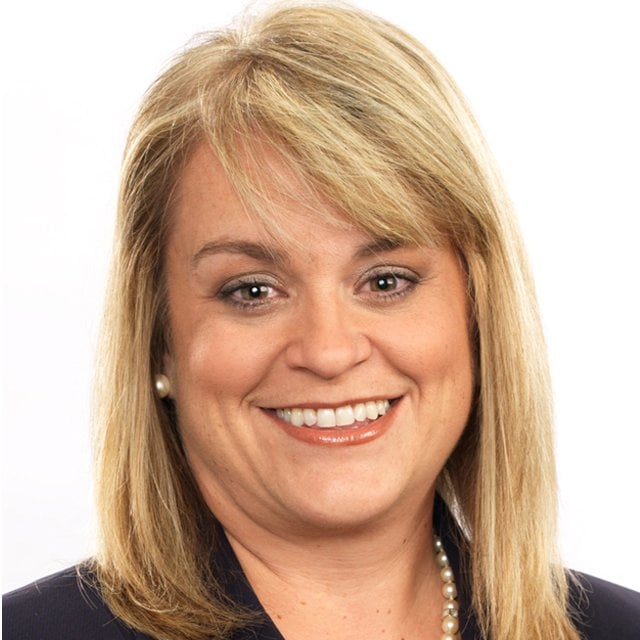For This HNW Firm, It's Crunch Time for Estate Planning

While there’s seldom a “quiet time” for wealth management professionals, this month is a busy one for the industry — especially for wealth advisors focused on tax issues and legacy planning.
In fact, according to Nicole Asher, a senior wealth management advisor at Greenleaf Trust, advisors with high- and ultra-high-net-worth clients are confronting a swath of exciting challenges and opportunities.
As Asher explains, volatile markets, questions about economic growth and the fact that the current estate tax framework is set to expire after 2025 makes this a particularly challenging time for wealth advisors and their clients.
Still, she says, there’s never been a better time to be in wealth management, given the demand for legacy planning and related services. Asher, who boasts more than 30 years serving clients, shared her perspective during a recent interview with ThinkAdvisor, summarized below.
THINKADVISOR: Tell us about your firm, its ownership structure and why this structure matters to your high-net-worth and ultra-HNW clients.
Asher: Yes, and thank you for the question. Our firm is organized as a privately owned bank here in Kalamazoo, Michigan, and we have locations across the state and in Delaware.
As a bank, we are unique in that we focus exclusively on investment management and trust services for high-net-worth families, and we serve some endowments, too. There is also a dedicated family office arm that handles clients with $25 million or more in assets.
This is all important to our clients for two main reasons. First, we don’t sell products and we don’t offer banking services like checking accounts, savings accounts or loan products, and as such, we have no conflicts of interest in the planning process.
Second, our private ownership is organized in such a way that we can effectively guarantee for our clients that we will never be bought or sold. This means we will always remain product agnostic and that we are in a position, as a firm, to help our clients steward their wealth from generation to generation.
They can be confident that we aren’t going to be bought out by some big bank at a future date, because when a firm like ours is bought, that can happen. Our clients know we aren’t going to be pushing products to the next generations, and we don’t accept kickbacks from anywhere.
All of our clients are fee-based. This was the vision of our founders, because they had experienced just that issue in their own lives.
What are the big challenges your clients are grappling with today? The markets? The estate tax outlook?
Yes, to begin with, it is a challenge to not know what will be happening on the estate tax front come 2025 or 2026. That gives our trust and estate planning teams a tight window to get what can be very complicated plans into place, and then we just don’t know what will happen.
A lot of our clients, given our $2 million minimum, have substantial wealth and an interest in charitable giving, in addition to legacy goals within their families. On the trust and estate side, our teams are busy looking for attractive charitable gifting opportunities, for example, and they are taking advantage of the current annual exclusion amounts for children.
With respect to the markets, things haven’t been too challenging, because we are a firm that believes in staying the course, and we train our clients on this.
What has allowed us to navigate this environment in the markets is that we have been aggressive about setting the right expectations. We made sure after 2021, with the amazing market returns clients saw, that they understood such a year is atypical and that the bull run wouldn’t continue forever.
As an investment person, I have learned from experience that clients need to know in advance what the highs and lows can be in their portfolio. If we are having a discussion and they can’t accept a certain degree of downside volatility, that’s when it’s time to make changes and dial back risk.
What can you tell us about the ways high-net-worth and UHNW clients tend to react to significant market losses? Presumably they aren’t at risk of running out of money even after a bad year, but does that miss the point?





